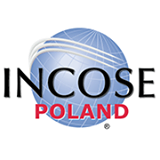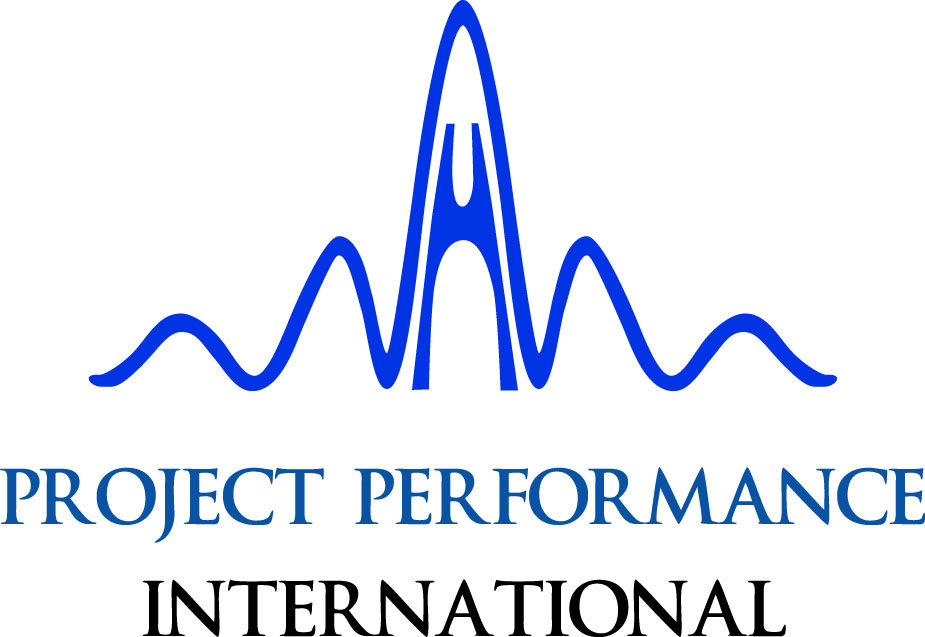International Conference on “Applying Systems Engineering for Embedded Systems Development"
17 Czerwca 2016, 10:00 (Piątek)

The Polish Chapter of the International Council on Systems Engineering promotes the use of systems engineering concepts and approaches in Poland. The process of building a knowledge of systems engineering approaches begins with various Polish technical universities among students, practitioners from science and engineering, and various industries.
The conference on "Applying Systems Engineering for Embedded Systems Development" addresses recent methodologies and tools that support the design of increasingly complex embedded systems.
Conference Program
09:00 - 10:00 Registration
10:00 - 10:10 Welcome
10:10 - 10:30 INCOSE Poland Introduction
10:30 - 11:15 Requirements-Based Verification of the Frigate's F125 Mission System - Piotr Malecki, Thyssenkrupp Marine Systems GmbH
11:15 - 11:45 Networking Break
11:45 - 12:30 How 1D physical simulation can support development of embeddedsystems from early control development to final calibration - Yuri Durodie, Michal Dobrovic, Siemens Industry Software Inc.
12:30 - 13:30 Lunch Networking Break
13:30 - 14:15 Rolling Out of Systems Engineering as a Natural Process - Georg Huennemeyer, Hünnemeyer Consulting
14:15 - 15:00 System Design and Verification with MATLAB & Simulink - Marcin Piątek, Oprogramowanie Naukowo Techniczne
15:00 - 15:30 Coffee Networking Break
15:30 - 16:15 "Step out of the car" a Glimpse into System Engineering for Automotive Active Safety Applications - Michał Szulc, Delphi Automotive PLC
16:15 - 16:30 Closure
Program Committee
- Dr Aleksander Buczacki (Chair) - INCOSE, Warsaw University of Technology
- Dr Marek Długosz (Vice-Chair) - AGH University of Science and Technology Cracow
- Bogdan Kowalczyk (Vice-Chair) - Delphi
- Dr Paweł Skruch (Vice-Chair) - Delphi, AGH University of Science and Technology Cracow
- Dr Derek Braden - Delphi, Liverpool John Moores University
- Prof. David Harvey - Liverpool John Moores University
- Prof. Jerzy Józefczyk - Wrocław University of Technology
- Prof. Wojciech Mitkowski - AGH University of Science and Technology Cracow
- Prof. Bohdan Oppenheim - Loyola Marymount University Los Angeles
- Sven-Olaf Schulze - President of INCOSE Chapter Germany
- Dr Krzysztof Targiel - University of Economics in Katowice
Presentations abstracts
Requirements-Based Verification of the Frigate's F125 Mission System
Speaker: Piotr Malecki - Thyssenkrupp Marine Systems GmbH
The German Navy and thyssenkrupp Marine Systems begin this year sea trials - the final level of the Verification Process - of the first of new Class F125 Frigates. The German Navy has 2007 ordered four Class F125 Frigates designed by thyssenkrupp Marine Systems in Hamburg, Germany.
The core of the Frigate F125 System is the Mission System which has been specified by about 7.000 requirements. The contract addressed the Verification Process as to be conducted on the base of these requirements. The Verification Process has to adopt the principles of the Systems Engineering and the principles of the V-Modell® XT - the German standard for the development of government procured systems.
The Verification Process crosses two formal contractual boundaries: government / supplier (thyssenkrupp Marine Systems) and supplier (thyssenkrupp Marine Systems) / sub-supplier and covers all integration levels of the construction process. As a result, the Customer obtains a formally valid satisfaction evidence of the specified requirements by the Mission System delivered. The presentation covers main inputs and essential considerations in respect to the planning of the Verification Process and its execution.
How 1D physical simulation can support development of embedded systems from early control development to final calibration
Speakers: Yuri Durodie, Michal Dobrovic - Siemens Industry Software Inc.
Building controls for embedded systems can be a tedious task, certainly when the hardware (physical system to control) is not yet available. Even if the hardware is available directly testing your controller might damage the system. Even worse you might find out that the chip you are using is not strong enough for the minimal control software to have a stable system. Therefor the development of the control should run parallel with the development of the physical system. In this presentation will be shown how this can be managed and which key steps can be defined. This leads to shorten development times and less physical test on the embedded system which decrease the development cost of it.
Rolling Out of Systems Engineering as a Natural Process
Speaker: Georg Huennemeyer - Hünnemeyer Consulting
This presentation gives an introduction on how to a roll out Systems Engineering in a company as a natural process. This presentation will highlight the dependencies of major contributors to a successful roll out of systems engineering. Only if people, processes and product consist an easy roll out will be possible. This presentation will give an overview on a method to identify and overcome hurdles in the business process and people.
System Design and Verification with MATLAB & Simulink
Speaker: Marcin Piątek - Oprogramowanie Naukowo Techniczne
MATLAB & Simulink establish the software environment implementing the Model-Based Design (MBD) methodology. With MBD the design starts with the integration with requirements tools. Requirements become a part of the whole process including architecture and algorithm modelling and production code generation. Test cases prepared during the verification process are applied to generated code and then reused for the fully developed system. The model becomes executable specification and delivers key information about system internals to engineers. The main goal is to improve quality of the design and to decrease time to market and verification costs.
Key concept to of the MBD is the constant usage of models. The model is a specification that may be executed in simulation process allowing the validation of user needs and verification of the design. Validated and tested models are used as the sources for qualified code generation.
Models and test cases are expressed by different types of diagrams. All of them are integrated in Simulink environment which is used to define the architecture and manage the simulation process. Requirements and test cases are directly connected to the model and its components. The environment enables automatic test case generation according to the defined objectives or aimed at reaching the expected model coverage. It also allows to produce reports and other artefacts required during certification with respect to the conformance with functional safety standards used in automotive, railway, industry automation, aerospace, defense and other industries.
"Step out of the car" a Glimpse into System Engineering for Automotive Active Safety Applications
Speaker: Michał Szulc - Delphi Automotive PLC
Active Safety is a rapidly developing branch of automotive engineering. High demand for realizing new exciting concepts requires flexibility in the design process, but no compromise is acceptable on well-established industry standards for ensuring product quality and functional safety. System engineering plays the key role in ensuring that the needs of all stakeholders are satisfied during a rapid product design.
The talk will focus on introducing distinctive features of automotive active safety systems which are based on sensing vehicle surroundings: engineering systems operating in dynamic unstructured environments. Standard approaches to ensuring high product quality in automotive industry will be discussed and some most pressing challenges will be highlighted.
Organizers






- INCOSE Chapter Poland & INCOSE Chapter Germany
- Department of Automatics and Biomedical Engineering at AGH University of Science and Technology in Cracow
- Delphi Technical Center Krakow
- Project Performance International (PPI)
- No Magic Europe
Miejsce
ul. Reymonta 7, Kraków
 Google Calendar
Google Calendar Outlook
Outlook iCal
iCal